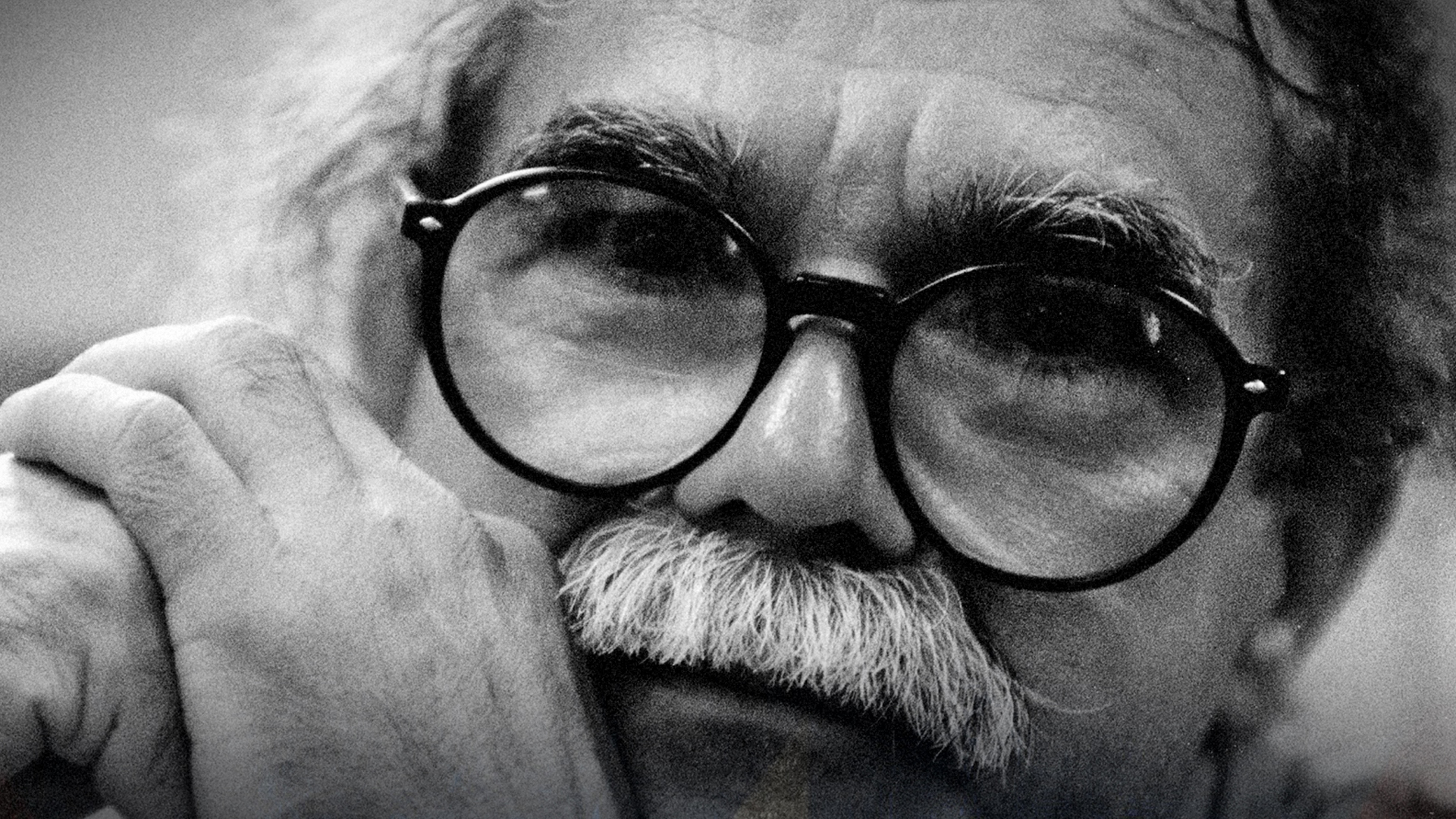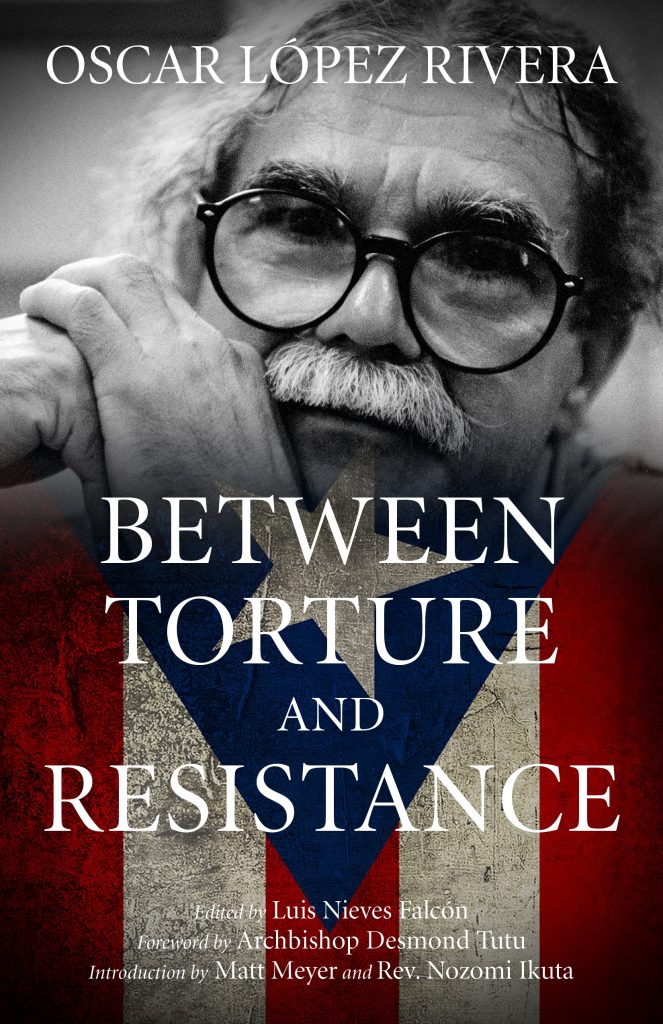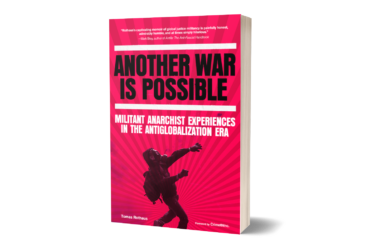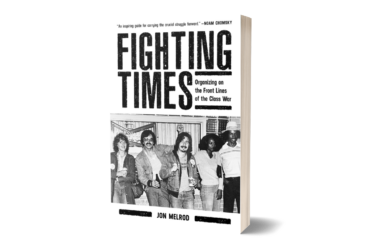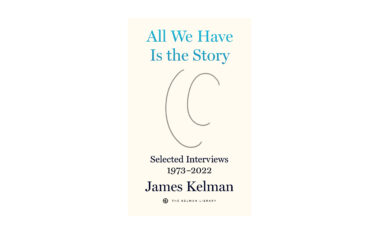By Ian Sinclair
PeaceNews
September 2013
Puerto Rican nationalist Oscar Lopez Rivera has the dubious distinction of being one of the longest-serving political prisoners in the world.
Having served in the US army in Vietnam, Rivera returned to Chicago and started working to improve living conditions for Puerto Ricans in the city.
Radicalised during this period, he became a forceful advocate for Puerto Rican independence from the United States. Facing police repression, Rivera went underground for several years. In 1981, he was captured and imprisoned for conspiring ‘to overthrow by force the authority of the United States over Puerto Rico’. In prison, he has faced inhuman and degrading treatment and a considerable amount of solitary confinement. His release date is currently set for 2023, by which time he will be 80 years old.
Compiled by lawyer Luis Nieves Falcon from letters, commentary and speeches, Between Torture and Resistance is ‘part postcard from prison, part lyrical prose’. It’s an odd mix and a somewhat disjointed read.
I found the contextual sections written by Falcon to be frustratingly romantic and incomplete. The saint-like descriptions of Rivera sit uneasily with testimony from Rivera himself that suggests weapons were found when he was arrested. ‘No more than a weapons collector would have at home’, he notes.
Certainly, the independence group he is reported (by the New York Times) to have been part of undertook many bombings, although Rivera denies any connection. At his trial Rivera made an impressive statement referring to his ‘revolutionary principles’ and declared himself a prisoner of war. What these principles might be are never explored. And despite numerous references to Puerto Rico being a colony, its history is never summarised for those, such as this reviewer, who are largely ignorant of it.
The book is strongest when Rivera is reflecting on his physical and psychological imprisonment. ‘They will never be able to break my spirit or my will. Every day I wake up alive is a blessing’, he affirms. Activists involved with political prisoners will be interested to see that activism does make a difference – his conditions improved in 1997 because of pressure being applied to the US government, he says. And all activists will surely be heartened by Rivera’s seemingly never-ending resolve: ‘It is much easier not to struggle, to give up and take the path of the living dead. But if we want to live, we must struggle.’

